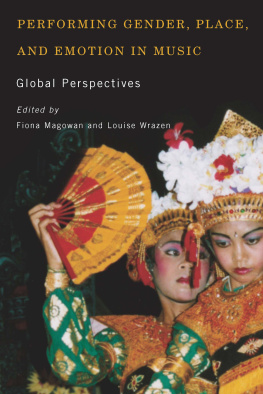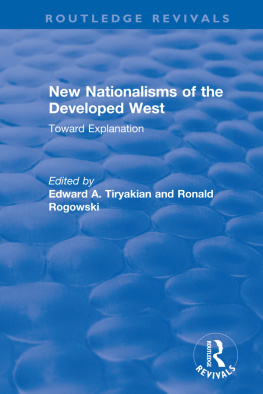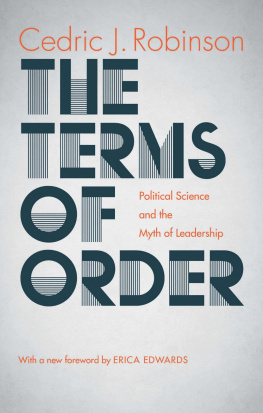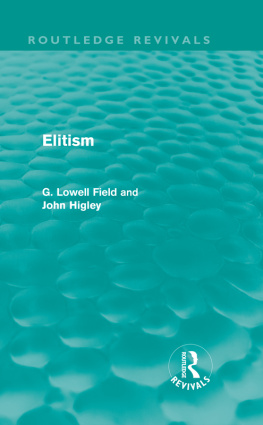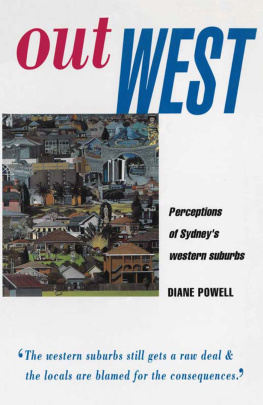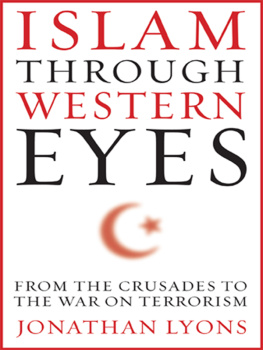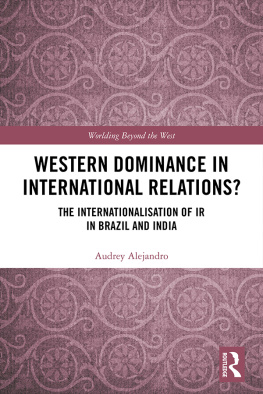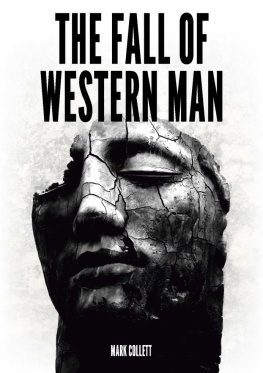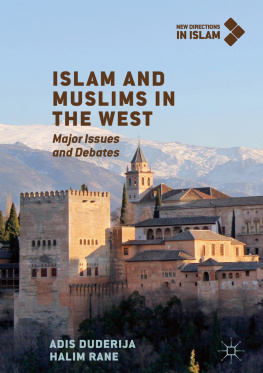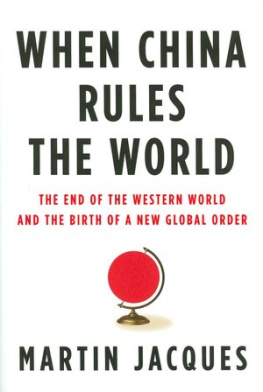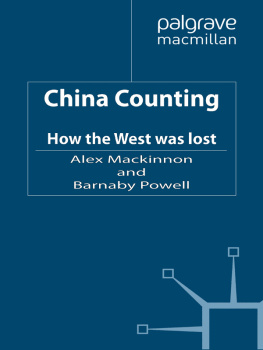First published 2016 by Transaction Publishers
Published 2017 by Routledge
2 Park Square, Milton Park, Abingdon, Oxon OX14 4RN
711 Third Avenue, New York, NY 10017, USA
Routledge is an imprint of the Taylor & Francis Group, an informa business
Copyright 2016 by Taylor & Francis.
All rights reserved. No part of this book may be reprinted or reproduced or utilised in any form or by any electronic, mechanical, or other means, now known or hereafter invented, including photocopying and recording, or in any information storage or retrieval system, without permission in writing from the publishers.
Notice:
Product or corporate names may be trademarks or registered trademarks, and are used only for identification and explanation without intent to infringe.
Library of Congress Catalog Number: 2016025822
Library of Congress Cataloging-in-Publication Data
Names: Higley, John, author.
Title: The endangered West : myopic elites and fragile social orders in a threatening world / John Higley.
Description: New Brunswick : Transaction Publishers, 2016. | Includes bibliographical references and index.
Identifiers: LCCN 2016025822 (print) | LCCN 2016044926 (ebook) |
ISBN 9781412864145 (hardcover) | ISBN 9781412864152 (pbk.) |
ISBN 9781412863780
Subjects: LCSH: Elite (Social sciences) | Social stratification. | Political development. | Economic development.
Classification: LCC HM1263.H54 2016 (print) | LCC HM1263 (ebook) | DDC 305.5/2--dc23
LC record available at https://lccn.loc.gov/2016025822
ISBN 13: 978-1-4128-6414-5 (hbk)
ISBN 13: 978-1-4128-6415-2 (pbk)
Certain assumptions about politics and society that are well established among the populations of Western countries may have been appropriate and plausible not so long ago, but they are distinctly unrealistic in current and foreseeable international and domestic circumstances. These assumptions are a residue of the time when Western countries led and dominated most of the world and when the Wests economic and military power seemed to warrant a highly optimistic view of political and social prospects. Because of their uniquely favored historical experience and global power, Americans are especially drawn to these assumptions, though most other Westerners hold them as well.
Two basic circumstances created a principled optimism about political and social life in the West during the eighteenth and nineteenth centuries. First, after about 1700 and until at least the Great Depression of the 1930s, the running together of clever artisanship, scientific reasoning, and readily available land and other natural resources supported the agreeable notion that increases in economic productivity would eventually meet Western societies needs on a substantially equal basis, thereby dissolving most serious political and social conflicts. Second, from the defeat of invading Turkish forces in 1683 until at least World War I, the Wests clear military superiority over the rest of the world allowed Westerners to presume that their countries would never be faced with the threat of cultural degradation, enslavement, or extermination at the hands of a non-Western power.
These circumstances and the optimism they produced had a profound impact on how Westerners conceived of politics and society. Expectations about the long-term equalizing effects of material progress allowed them to suppose that radically different definitions of social justice would eventually be joined in a synthesis acceptable to all. The sense of safety from conquests by non-Western peoples allowed them to believe that, in the meantime, domestic conflicts in the pursuit of social justice could be fully explored, exploited, and fought out without risking the loss of ones own culture. In these respects, the modern historical experience of Westerners strongly inclined them to think of politics as an unrestricted means for achieving their ideals.
This was very different, of course, from the conception of politics and society advanced by Machiavelli and Hobbes during the period that antedated the Wests full economic and military triumph. For Machiavelli and Hobbes, politics was always a difficult, dangerous means for limitingthrough deceit, bribery, force, and other stratagemsthe potentially chaotic pursuit of self-interest in a world devoid of values and ideals to which all could adhere. The Wests rise to a state of principled optimism during the eighteenth and nineteenth centuries gradually undercut that essentially harsh and hopeless position. First, there was the somewhat greater idealism of Locke, then the unbridled utopianism of Rousseau and the early socialists, and finally the full panoply of progressive liberal, democratic, and socialist thought.
There are now many indications that the circumstances fostering this pronounced change in the Western conception of politics were temporary and fortuitous. Although the conception to which they gave rise lingers on, the circumstances themselves have basically ended. Today Western countries face powerful foes, some of them fanatically anti-Western, that possess the weaponry with which to inflict devastation on Western populations, no matter how suicidal and irrational such attacks might seem from the Wests standpoint. In domestic affairs, protracted economic downturns and ominous environmental problems threaten the Wests continued material progress, while the inability to provide reasonably attractive and secure jobs for millions of unemployed and underemployed people exacerbates internal distributional conflicts.
Western countries may continue to enjoy important advantages over the rest of the world for another twenty, fifty, or even a hundred years. However, there is no longer any general ground for assuming this. Despite internal dissensions, Western countries may be able to defend themselves against non-Western threats to their security, but Westerners have no self-evident basis for assuring themselves that this will be so. It may happen that over the next generation or two, increases in economic productivity will be large enough to buy off serious discontents through relatively painless distributions out of an economic surplus. However, there is no reason to take this for granted. There is, instead, a haunting sense that the Wests best days are behind.
If the way people think about politics and society reflects, in the main, their basic circumstances, then these uncertainties in the current and foreseeable situations of Western populations will in time give rise to assumptions about politics and society much less optimistic than those that flourished during recent centuries. However, the problems confronting the West are dire and compelling, and the need to adopt different and more realistic assumptions is in fact urgent.
I address this need in a somewhat unfamiliar way. Specifically, I employ tenets of the elitist paradigm in social science, which I discuss in the Introduction, to interpret the distinctive expansion and exercise of Western power from its origins in the Dark Ages to our own time. I stress the causal roles that elites have played, and presumably must continue to play, in shaping the Wests fortunes. On this basis, I try to formulate an intellectual position that might better guide the foreign and domestic policies of Western countries during the next several decades. Essentially, I am concerned to make the


